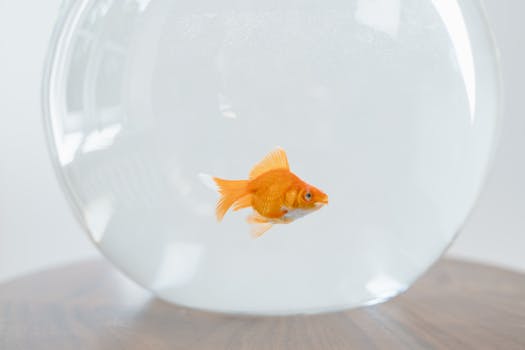What is Minimalism?

Minimalism is more than just a trendy lifestyle; it is a conscious choice to live with less and focus on what truly matters. At its core, minimalist living invites individuals to redesign their environment and their lives by cutting out distractions and excess, paving the way for clarity and peace.
The Benefits of Minimalist Living

Embracing a minimalist lifestyle confers numerous benefits that can profoundly impact both mental and physical well-being:
- Reduced Stress: A decluttered space leads to a decluttered mind. When you remove unnecessary items from your environment, you inevitably reduce distractions, resulting in lower stress levels.
- More Time: When possessions are viewed as burdens rather than enhancements, we spend less time managing, cleaning, and organizing them. This reclaimed time can then be redirected to activities that contribute to personal growth and enjoyment.
- Like Focusing on Quality and Purpose: Minimalist living encourages quality over quantity. With fewer possessions, each item holds more significance and value, promoting a mindful relationship with your belongings.
- Financial Freedom: Transcending consumeristic habits not only helps in decluttering physical space, but also leads to reduced spending, helping in clearing debts and allocating resources for more fulfilling experiences.
Tips for Embracing Minimalism

If you are contemplating a transition to a minimalist lifestyle, starting with small steps can lead to sustainable changes. Here are a few practical tips:
- Start Small: Choose one corner of your home or one drawer to declutter initially. Focus on removing items that you do not use or that do not serve a growth-oriented purpose.
- Adopt the One-In-One-Out Rule: Whenever you acquire a new item, make it a policy to subtract an old item. This prevents accumulation and encourages thoughtful purchasing.
- Mind your Digital Clutter: Minimalism isn’t just about physical possessions. Take time to reduce digital clutter—unsubscribing from emails, deleting unused applications, and organizing files can foster a clearer mind.
- Reflect Regularly: Regular self-reflection encourages observing your feelings toward belongings and re-evaluating if they still hold value in your life.
The Relationship Between Minimalism and Sustainability

In a world increasingly focused on sustainability, minimalism aligns closely with eco-friendly practices. By consuming less and valuing efficiency, minimalism reduces one’s carbon footprint. Additionally, minimal living can promote awareness around consumerism, leading to more sustainable purchasing decisions.
For those wishing to adopt a more responsible lifestyle, consider supporting local, ethical businesses and investing in high-quality items that stand the test of time. Infusing your minimalist principles with eco-minded choices creates a harmonious fusion of sustainability and simplicity.
Incorporating Minimalism Into Daily Life

Minimalism can be woven into your everyday actions and decision-making processes:
- Practice Mindful Consumption: Every purchase should be thoughtful, serving a clear purpose or enhancing your life in a meaningful way.
- Prioritize Experiences over Possessions: Engaging in experiences, such as travel or spending time with loved ones, typically yields more satisfaction than the accrual of physical items.
- Live Intentionally: Focus on who you wish to be—embracing values such as empathy, connection, community engagement, and mindful living. Align your possessions as reflections of these values.
In conclusion, adopting a minimalist lifestyle predominantly focuses on your ethos overall and shapes not just your belongings, but how you engage with the world around you.


